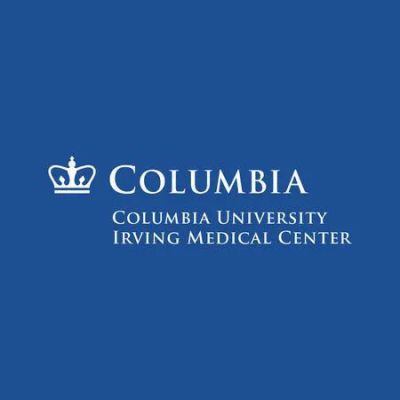- understanding-trans-fats-and-arterial-health - Understanding Trans Fats and Arterial Health
- how-trans-fats-affect-your-arteries - How Trans Fats Affect Your Arteries
- the-long-term-consequences-of-trans-fat-consumption - The Long-Term Consequences of Trans Fat Consumption
- real-life-impact-trans-fat-linked-health-crises - Real-Life Impact: Trans Fat–Linked Health Crises
- making-heart-healthy-choices - Making Heart-Healthy Choices
1. Understanding Trans Fats and Arterial Health
Trans fats—also known as trans fatty acids—are a form of unsaturated fat found in both natural and industrial forms. The artificial version, commonly listed as “partially hydrogenated oils,” was once popular in processed foods for its shelf stability and cost-effectiveness. However, studies over the past two decades have shown that trans fats are particularly harmful to cardiovascular health, especially when it comes to the condition of your arteries.
Unlike saturated fats, which can also raise cholesterol, trans fats not only increase LDL (bad cholesterol) but also lower HDL (good cholesterol). This one-two punch directly increases the risk of plaque buildup in the arteries—medically known as atherosclerosis.

2. How Trans Fats Affect Your Arteries
2.1 Inflammation and Arterial Lining
Trans fats trigger systemic inflammation, particularly in the endothelial lining of the arteries. Chronic inflammation causes the arterial walls to become less flexible and more prone to micro-tears—ideal conditions for plaque deposits to form and accumulate.
Endeavor Health Northwest Community Hospital
endeavor health northwest community hospital
800 W Central Rd, Arlington Heights, IL 60005, USA

2.2 Disrupted Lipid Profiles
A single daily serving of foods high in trans fat—like deep-fried snacks, frozen pizzas, or margarine—can significantly skew your lipid profile in just a few weeks. The resulting increase in LDL and decrease in HDL leaves your arteries unprotected from oxidative damage.
2.3 Oxidative Stress
Trans fats also encourage the production of free radicals. These unstable molecules further damage arterial walls, setting off a chain reaction of clot formation and narrowing blood vessels—often without visible symptoms until a cardiac event strikes.
3. The Long-Term Consequences of Trans Fat Consumption
Long-term trans fat consumption has been linked not only to coronary artery disease but also to peripheral artery disease, stroke, and metabolic syndrome. One study from the American Heart Association estimated that trans fat elimination could prevent up to 20,000 heart attacks and 7,000 deaths from heart disease in the U.S. annually.
In fact, the FDA has officially banned artificial trans fats in processed foods since 2020. However, products manufactured or imported before the cutoff may still contain residual amounts, and labeling loopholes allow for under-reporting if quantities are below 0.5 grams per serving.
4. Real-Life Impact: Trans Fat–Linked Health Crises
In 2015, a widely circulated report followed the story of a 42-year-old man in Ohio who suffered a massive heart attack after years of unknowingly consuming high levels of trans fats in packaged snacks. His recovery involved lifestyle changes, including switching to a low-trans-fat diet and walking 30 minutes a day. His cardiologist cited his diet as the number one contributing factor to the crisis.
Similarly, a class-action lawsuit against a major food brand in 2018 brought attention to misleading labels on frozen pies that claimed to be “heart smart” despite containing over 1g of trans fat per serving.
5. Making Heart-Healthy Choices
The best way to protect your arterial health is by eliminating trans fats from your diet. Read nutrition labels carefully and look out for “partially hydrogenated oils.” Opt for whole foods, healthy fats like olive oil and avocado, and avoid deep-fried items when eating out.
For those seeking trusted guidance on building a heart-smart lifestyle, HeartCare Hub offers medically-reviewed resources, expert-recommended meal plans, and access to cardiovascular-friendly products that support long-term arterial health.
Remember, protecting your arteries is a marathon, not a sprint. Every choice matters—from the snacks in your pantry to the oils in your frying pan.






















Capital Health Medical Center – Hopewell
capital health medical center hopewell
1 Capital Way, Pennington, NJ 08534, USA